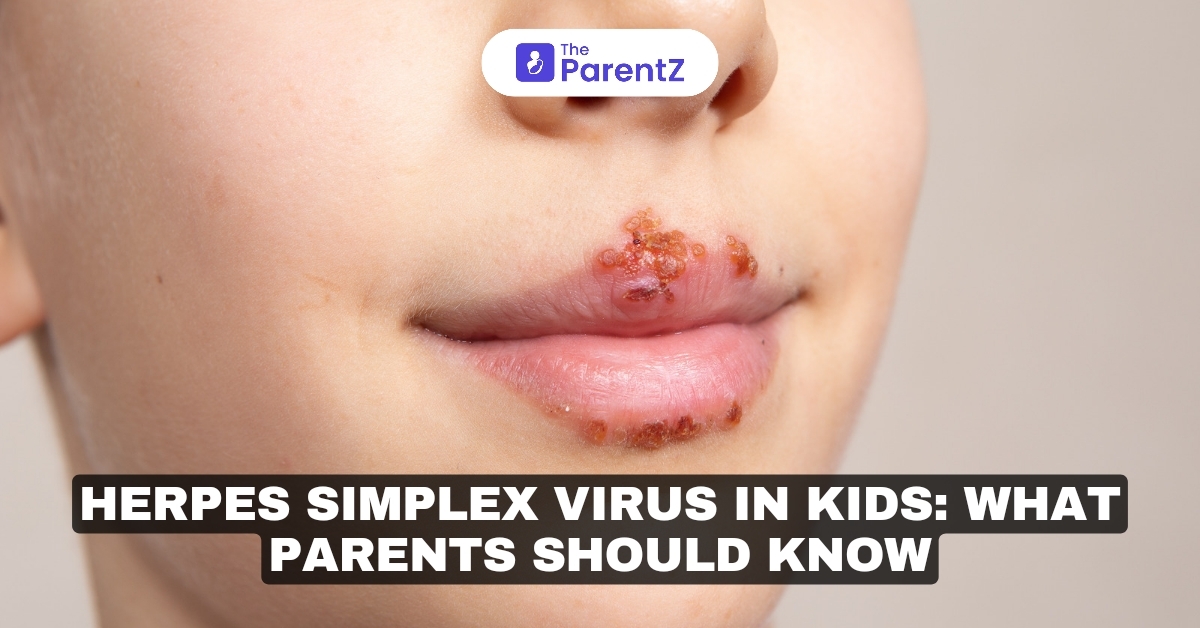The Herpes Simplex Virus (HSV) is often associated with cold sores in adults, but it can also impact children, leading to significant oral health issues. Understanding HSV, its causes, and its connection to oral health is crucial for parents and caregivers. This article delves into the nature of HSV, its aggravating factors, prevention strategies, and treatment options to keep your child's oral health in top shape.
What is Herpes Simplex Virus?
Herpes Simplex Virus comes in two main types: HSV-1 and HSV-2. While HSV-1 is primarily responsible for oral herpes, HSV-2 is usually associated with genital infections. However, both types can cause infections in the mouth and surrounding areas, particularly in children.
Causative Agents
The HSV is highly contagious and is primarily spread through direct contact with an infected person or their bodily fluids. The virus can be transmitted through:
- Kissing: A common way HSV-1 spreads, especially if the person has an active outbreak.
- Sharing utensils or drinks*: Items that come into contact with an infected individual can facilitate transmission.
- Touching sores: Direct contact with cold sores or blisters can easily spread the virus.
What Aggravates Herpes Simplex Virus?
Several factors can aggravate the symptoms of HSV in children, including:
- Stress: Emotional or physical stress can trigger outbreaks.
- Illness: Other infections or illnesses can weaken the immune system, leading to HSV flare-ups.
- Sun exposure: Prolonged exposure to sunlight can provoke cold sores.
- Fatigue: Lack of sleep can hinder the body’s ability to fight the virus.
How Can We Prevent It?
Preventing the spread of HSV in children involves a combination of hygiene practices and awareness:
1. Educate on hygiene: Teach children to wash their hands frequently and avoid touching their face.
2. Avoid sharing personal items: Ensure children do not share utensils, lip balms, or drinks.
3. Limit sun exposure: Apply sunscreen to the lips when outside and consider using lip balms that contain sunblock.
4. Encourage healthy habits: A balanced diet and regular sleep can boost the immune system, reducing the likelihood of outbreaks.
How to Treat Herpes Simplex Virus
If a child contracts HSV, several treatment options can help manage symptoms and speed recovery:
- Antiviral medications: Prescription antiviral drugs like acyclovir can help reduce the severity and duration of outbreaks.
- Topical treatments: Over-the-counter creams can soothe sores and provide relief from discomfort.
- Pain relievers: Non-prescription pain relief medications can help manage fever and discomfort.
- Hydration and nutrition: Keeping the child hydrated and well-nourished supports the healing process.
Conclusion
Herpes Simplex Virus can be a concerning issue for children, especially regarding oral health. By understanding the virus, its causes, aggravating factors, and prevention methods, parents can take proactive steps to safeguard their children's health. Awareness, education, and timely treatment are key to ensuring that HSV doesn't interfere with your child’s smile. Keeping the conversation open about HSV and its implications will empower families to address this issue confidently and compassionately.





Be the first one to comment on this story.